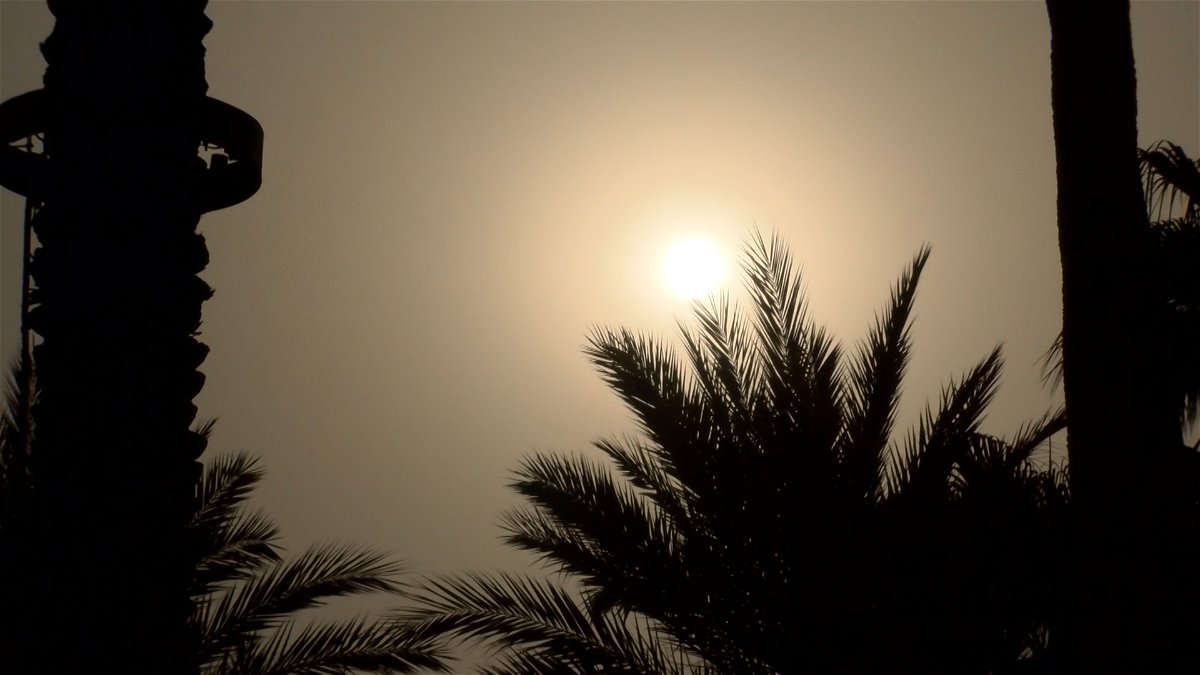New climate change prediction spells disaster for valley tourism
A Cathedral City student is sounding the alarm about climate change and potentially devastating effects on tourism in the Coachella Valley.
Cindy Yañez is a graduate student researcher in earth system science. In a new climate change study for UC Riverside, she predicts increasing temperature could shorten the snowbird season by several months.

"Because the snowbird season brings in so much revenue to this region, we think that will affect not only the tourists and where they get to vacation, but it also impacts the residents because that impacts how much revenue the cities get, which all ends up going into the people who live here," she said.
Yañez said by 2100, the number of days above 85 degrees between November and April is projected to increase by 150 percent.
That means fewer patrons at outdoor businesses, like the Living Desert, for instance.
Yañez's research team found that the zoo could lose up to $1.4 million annually, with 18 percent fewer visitors.
The study also looked at the Coachella music festival. Yañez said it's 6 times more likely attendees will be at risk for exposure to extreme heat by the end of the century.
"Maybe people will still come, but they're more likely to get sick so they might have to take measures to protect people from the heat," she said.
Yañez said for evidence of climate change, just look at the current wildfire season in California.
"This year we've had this bad air quality for a couple of days, so it's kind of hard to ignore it," she said. "It's kind of hard to say it's not happening when – look at the air."
Gov. Newsom addressed the issue during his press briefing Tuesday, saying, "I quite literally have no patience for climate change deniers."
Yañez said good work is being done to combat climate change, but solutions have to come from the top down. "There's still time to change the outcome and avoid the worst of our predictions."
The study looked at two scenarios: business as usual when it comes to greenhouse gas emissions, compared with a reduction of them. Researches found the latter showed a much brighter outcome when it comes to impacts on the valley's economy.
You can reach Jake on Twitter, Facebook or email him at jake.ingrassia@kesq.com.
